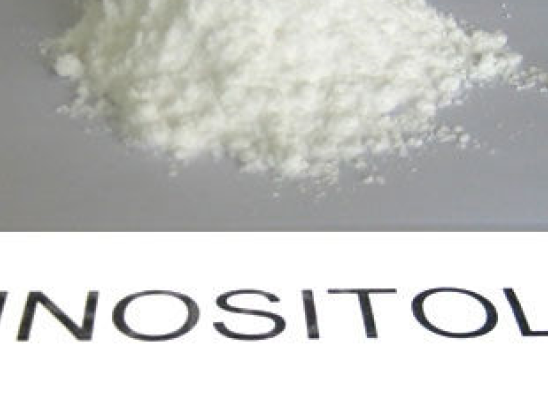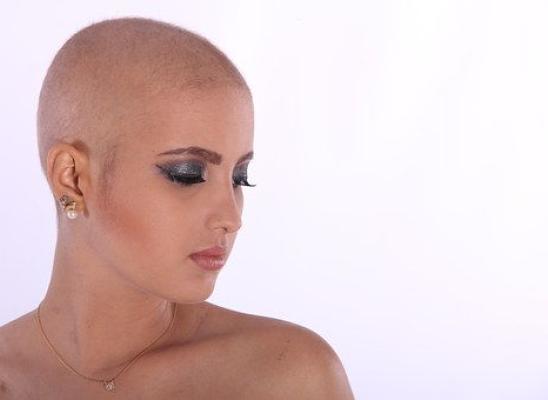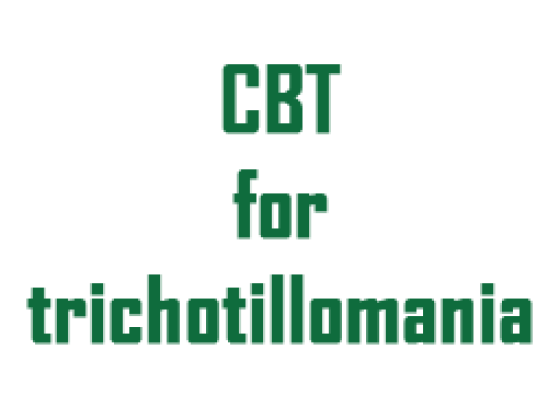Overcoming trichotillomania is not about perfection
Online test
Find out the severity of your symptoms with this free online test
For most, it’s only natural to assume that the longer you’ve had your problem (e.g. trichotillomania), the longer it has to take in therapy, etc., to fully cure. But is this really the case? The truth is, how long you’ve been struggling with trichotillomania, or how bad it’s been, has nothing at all to do with how long it has to take to get it handled once and for all. It is not about perfections, it’s about overcoming trichotillomania in the long run.
High Standards or Perfectionist?
Most people would consider having high standards a good thing. Striving for excellence can show that you have a good work ethic and strength of character. High standards can also push you to reach your peak level of performance. Perfectionism, on the other hand, involves a tendency to set standards that are so high that they either cannot be met, or are only met with great difficulty. Perfectionists tend to believe that anything short of perfection is horrible, and that even minor imperfections will lead to catastrophe.
Trying to be perfect is also likely to make you feel stressed and maybe even disappointed with yourself much of time because you are not able to meet your standards easily or at all? Over time, you may even start to believe that you are not as capable as others. Therefore, it is worthwhile to consider loosening up your standards a bit to ease the stress and anxiety you may feel from trying so hard to be perfect.

Therapeutic Interventions
There is no one treatment that has been found to be effective for everyone but different combinations of the various therapeutic interventions can work to limit the hair pulling behavior.
Medication
Sometimes antidepressants, anti-anxiety medications, and further medications that address other issues behind compulsivity can be helpful in the treatment of trichotillomania.
Traditional therapy
One-to-one cognitive behavioral therapy is usually the treatment of choice because it’s a therapy that focuses on learning new positive behaviors to replace negative behaviors.
Alternative therapy
Animal-assisted therapies, creative therapies, active therapies – each of these can help patients get to emotional places where words cannot penetrate.
Support groups
Twelve-steps and other groups where participants focus on recovery from trichotillomania can help you to feel less alone, give you a forum for sharing your stories, and a place to ask for advice.
Online test
Find out the severity of your symptoms with this free online test
Start your journey with TrichStop
Take control of your life and find freedom from hair pulling through professional therapy and evidence-based behavioral techniques.
Start Now



